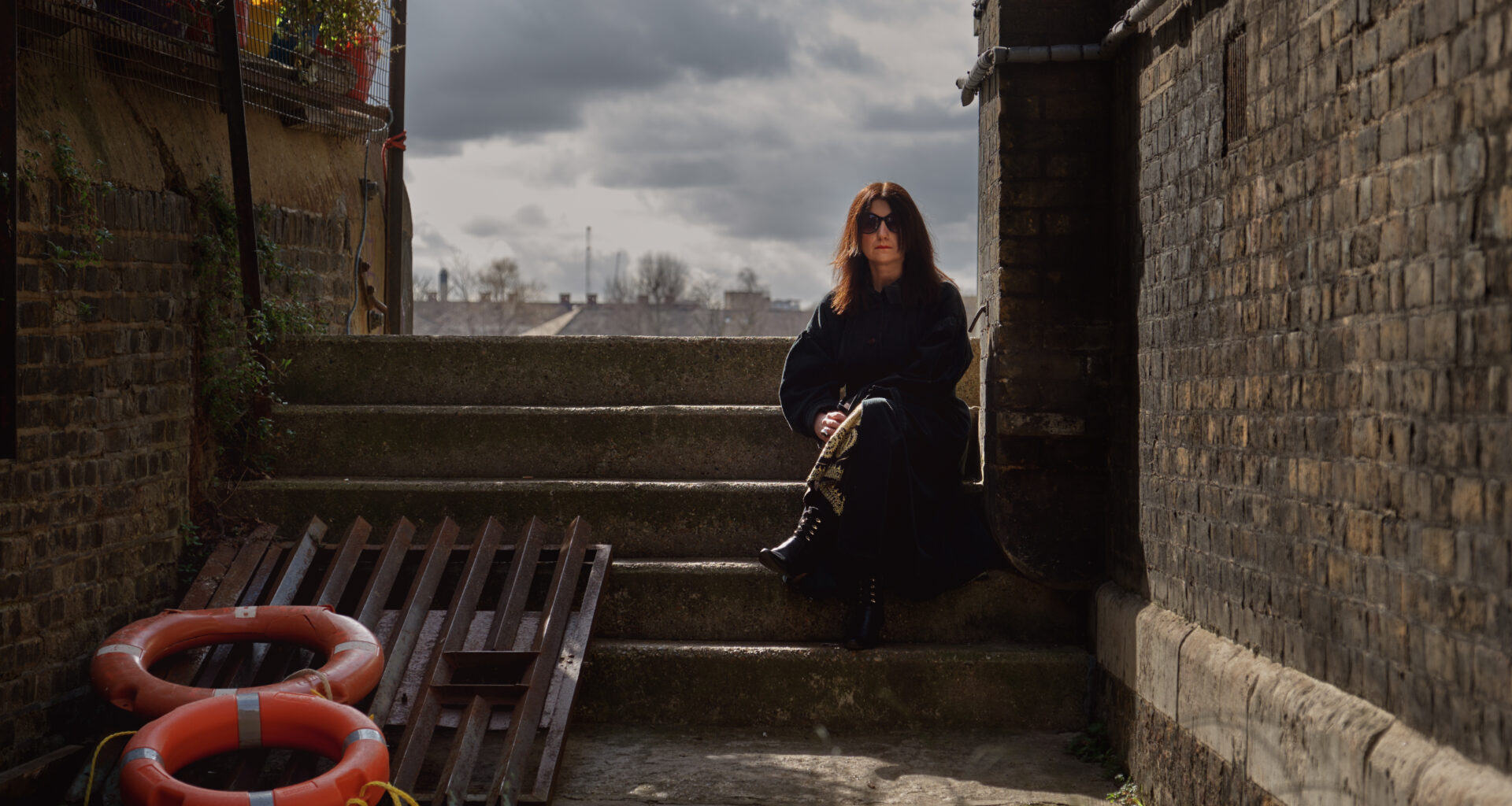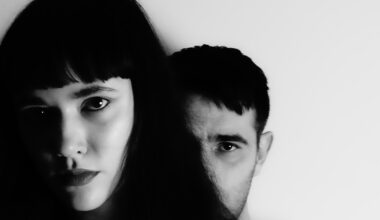She has played synthpop with Saloon and folk rock with The Left Outsides, but Alison Cotton‘s new solo album enters more experimental territory, evoking the beautifully bleak heritage of her native North East
Want to read more?
Sign up to Electronic Sound Premium to gain access to every post, video, special offers, and more. 100%, all you can eat, no commitment, cancel any time.
Already a premium member? Log in here






